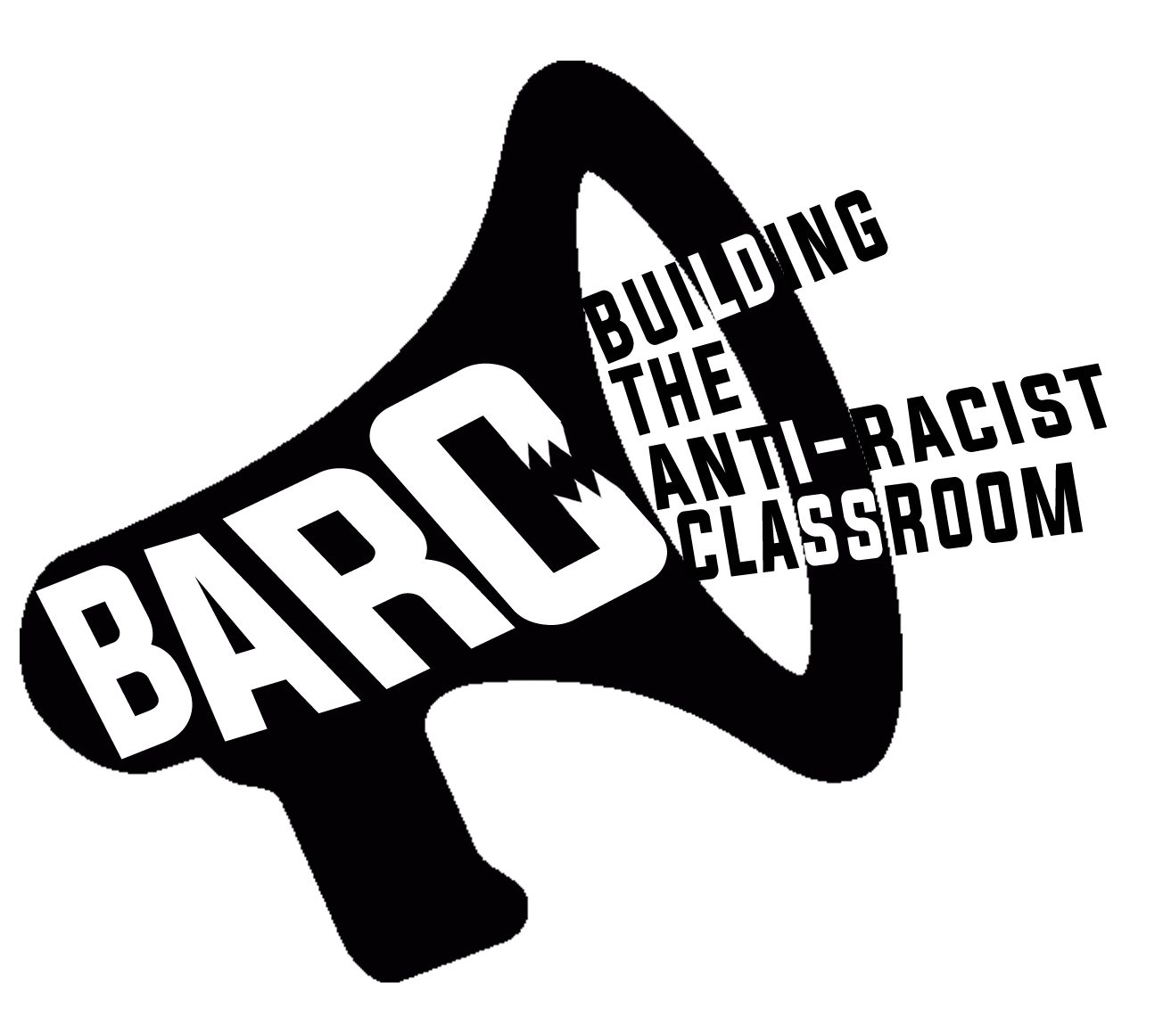Guest blog post by Rhianna Garrett, MA student in Technology, Creativity and Thinking in Education at University of Exeter
Despite universities’ efforts to create more equal spaces, students are still experiencing racism and discrimination on a daily basis. To attempt to tackle this issue, I decided to create a student-led anti-racism project titled ‘Active Together’, which aims to promote conversations about race in sports clubs and societies. My team and I chose to focus on sports, as we want to show students that issues of racism penetrate not just education but also leisure activities. We have been working alongside the Student Guild and Athletics Union and the University of Exeter to improve current equality, diversity, and inclusivity (EDI) training, increasing awareness and promoting actionable change among the student community. Through these experiences, we have learned that intersectionality is crucially important to ensuring this training is effective. However, intersectionality is also incredibly complex to situate and explain in a short amount of time, which has become increasingly challenging as studies suggest that it is most effective to avoid 2-hour training sessions and work towards a slower introduction to information. Therefore, we need to start asking different questions. We need to stop asking if we have the training, and start asking what the training is achieving? Are we getting results? What results do we want? What is our end goal?
Active Together aims to investigate unconventional forms of training that evoke emotion and action and has been heavily inspired by Building the Anti-Racist Classroom (BARC). BARC offers a unique workshop to gather individuals interested in anti-racist pedagogy. Gamification methods are utilised – using game elements in non-game contexts – to promote change and challenge racism, asserting the student voice/experience as the main narrative. BARC encouraged us to think of new and creative methods to engage students in anti-racist activism and question the training that is currently in place. Training sessions like this are more meaningful experiences that help students retain what they have learned in the long-term, rather than implementing training systems for performative reasons.
As part of our project, Active Together aims to provide a suitable external training facilitator that matched our educational aims. We met with many interesting companies who all had different approaches to anti-racist training. The company Change Makers UNLTD offered us a huge amount of personal support, giving us advice on what training should include and validating our goals. Their company aims to create personalised training sessions depending on the goals of the customer. Another personalised training company we found was Equality and Diversity UK, who took a more systematic approach and tailored their sessions to the needs of the participants, the demographic of the group, and focused on the 2010 Equality Act. These amazing facilitators stress the importance of ongoing education and the significance of intersectionality. One of our project recommendations is for the University to research these new options and work to create more personalised training sessions based around what students need.
For my master’s dissertation, I was unsure about whether or not it was possible for me to use games as a way to engage people in the EDI training model I had created, until I discovered BARC. BARC created the Student Journey Game, which uses real student experiences to promote empathetic learning in a creative way and made me realise it was a possibility to combine my love of gamification with the project I had created.
I took the information that BARC offered (the student experiences, the themes, the background stories) and inserted them into a Dungeons and Dragons-style (D&D) facilitated discussion. This offered dice rolling-scenarios, storylines, discussion roles, action points, badge rewards and many other gamification elements to make not only an informing, but also fun experience for students. My main goal from this project is to make students excited to attend their EDI training sessions, rather than continue to feel the negative connotations training is attached to. By using this D&D model, it encourages an on-going adventure, much like the Student Journey Game, to promote a life-long dedication to constantly learning about issues relating to EDI. We also suggest creating a larger community of students and staff to discuss what training asynchronously and synchronously is needed and encourage those involved to act. We have taken inspiration from BARC and realised the importance of using real student examples of racism in their daily lives to represent how racism is not an invisible, abstract concept but a covert, systematic form of oppression that produces traumatic experiences for many.
From a small blog post, a small project, and three students, we have seen the power the student voice can have. We imagine a university where all students co-create anti-racist projects in their sports clubs and societies and make it a part of daily life. We imagine students getting excited to attend their EDI training sessions.
Spreading the burden is essential. This work isn’t easy, but if students and staff came together to spread the burden and recognise the work it truly requires, we believe there is a chance of creating more inclusive spaces.
Please feel free to contact us with any information on your personal training, or what you believe needs to be improved upon. Email us, or message our Instagram/Twitter/Facebook @ATogetherexeter. Or, if you wish to discuss further research collaborations then you can contact myself by email or on Twitter.
